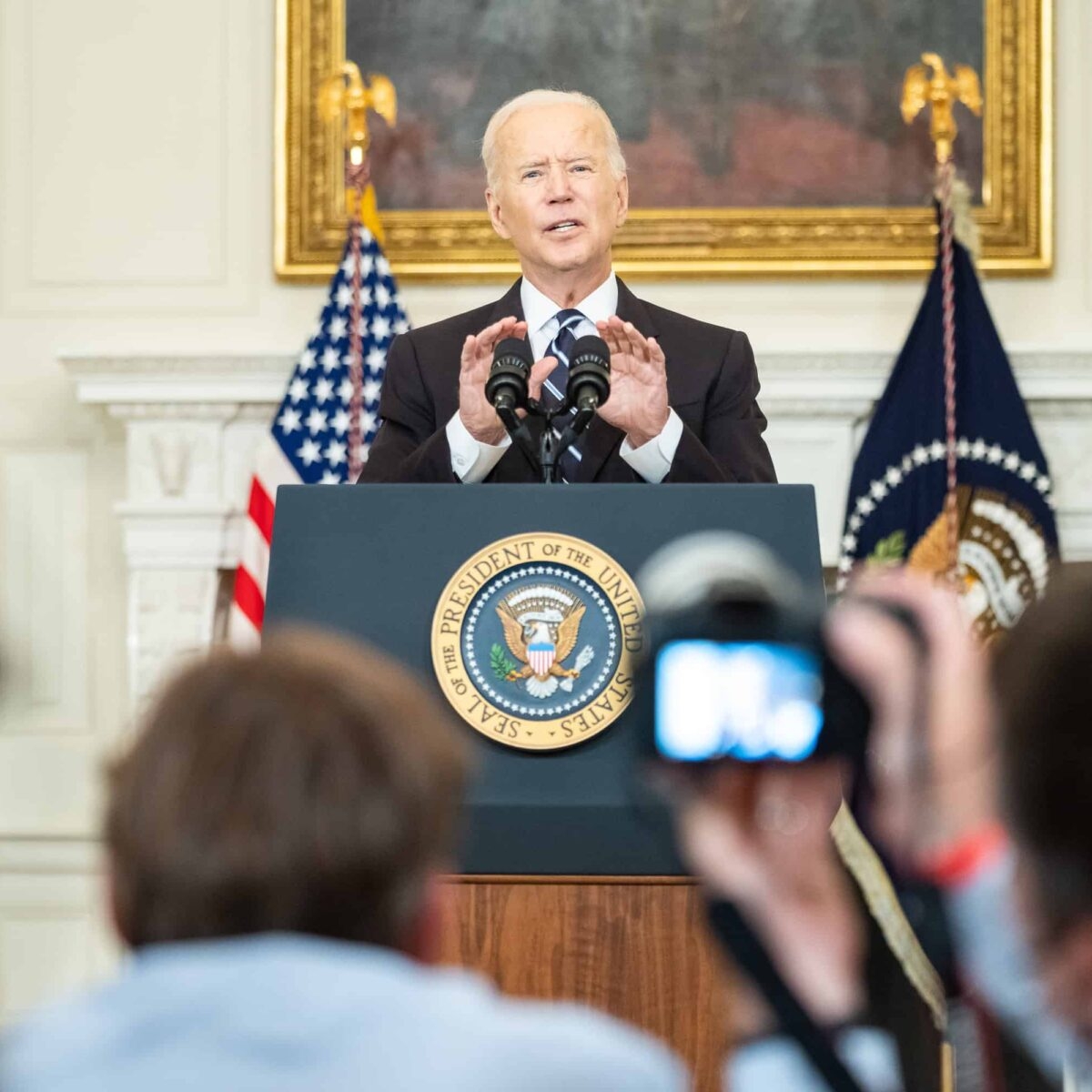Preparing for the federal COVID mandate
Exception for prior COVID infection?
On September 9, President Biden announced that the Department of Labor would develop an emergency rule to require employers with 100 or more employees – amounting to over 80 million employees – to mandate vaccination of their workforce against COVID-19 or have employees regularly test for COVID-19. The Biden administration has not yet released the new rule for private employers, but many businesses are starting to prepare.

A common question is whether the rule will include an exception for employees with a prior COVID-19 infection. While we cannot be certain, the federal mandate is unlikely to include an exception for workers who have had COVID-19 and have so-called “natural immunity.” First, the Biden administration has already mandated that the majority of the federal workforce and contractors get vaccinated, with no option for testing. Although this rule allowed for reasonable accommodations for religious or disability-related reasons, it made no accommodation for employees with a previous infection.
Second, a recent U.S. Centers for Disease Control and Prevention (CDC) study indicates full vaccination among those who have had COVID-19 is more protective than relying on “natural immunity” alone. The study supports the CDC’s stance that workers should be fully vaccinated, even if they have previously contracted COVID-19.
Although there is no bright-line exception from the federal mandate for workers who have previously contracted COVID-19, employees may still request an exception through the “reasonable accommodation” process so long as that accommodation does not cause “undue hardship” to the employer. Employers with on-site employees who require COVID-19 vaccines must still abide by federal anti-discrimination laws enforced by the EEOC, including the Americans with Disabilities Act (ADA) and Title VII of the Civil Rights Act of 1964. For example, an employer who receives an employee’s request for an exemption from the vaccine mandate based on disability must provide reasonable accommodations unless doing so would cause significant difficulties or expenses.
For employees who object based on a previous COVID-19 infection, employers should therefore follow their normal accommodation protocols to determine if the employee has a qualifying disability under the ADA and a reasonable accommodation exists without undue hardship to the employer. Employers also have the discretion to choose an effective accommodation and must offer an alternative accommodation if the employee’s chosen accommodation poses undue hardship.
Finally, it is important to remain cognizant of state and local guidance, as the federal mandate is silent as to state requirements. While states and local governments may not establish less stringent rules than the federal ones, it may impose additional requirements. Once the final federal rule is published, work with knowledgeable counsel to ensure that your business’s policy complies with all applicable laws.
